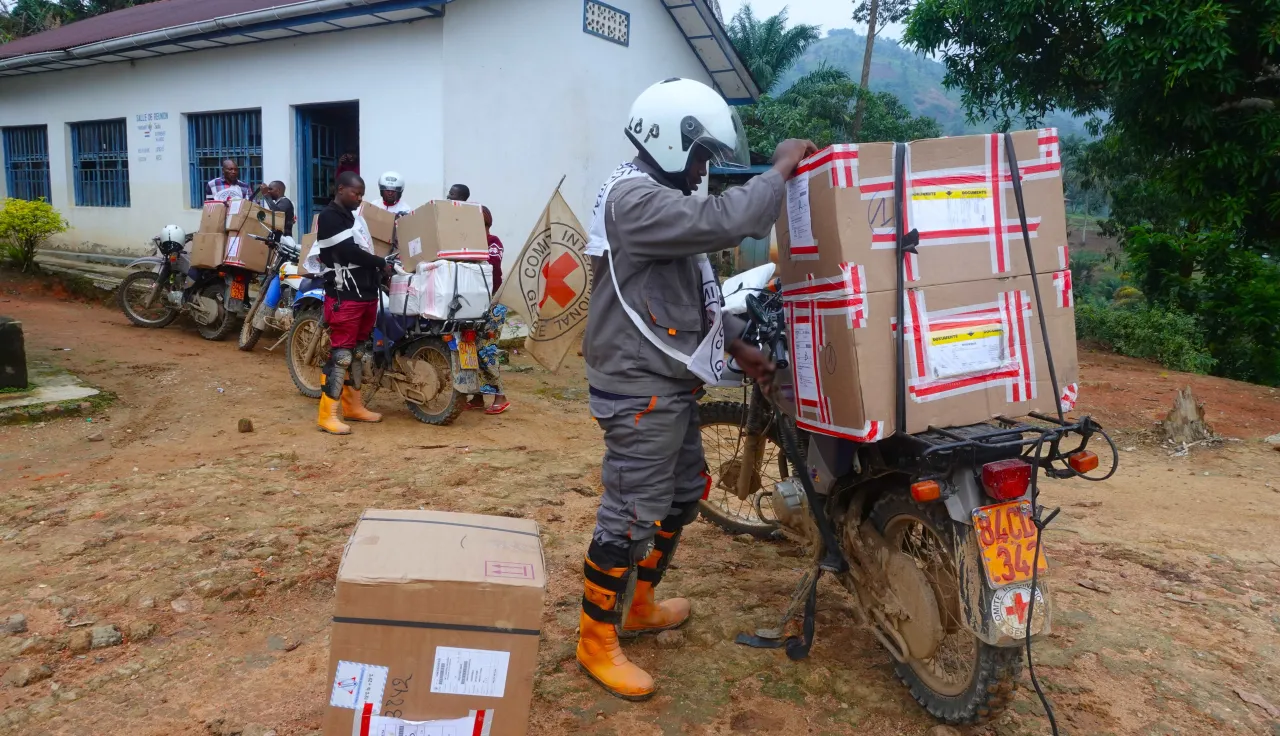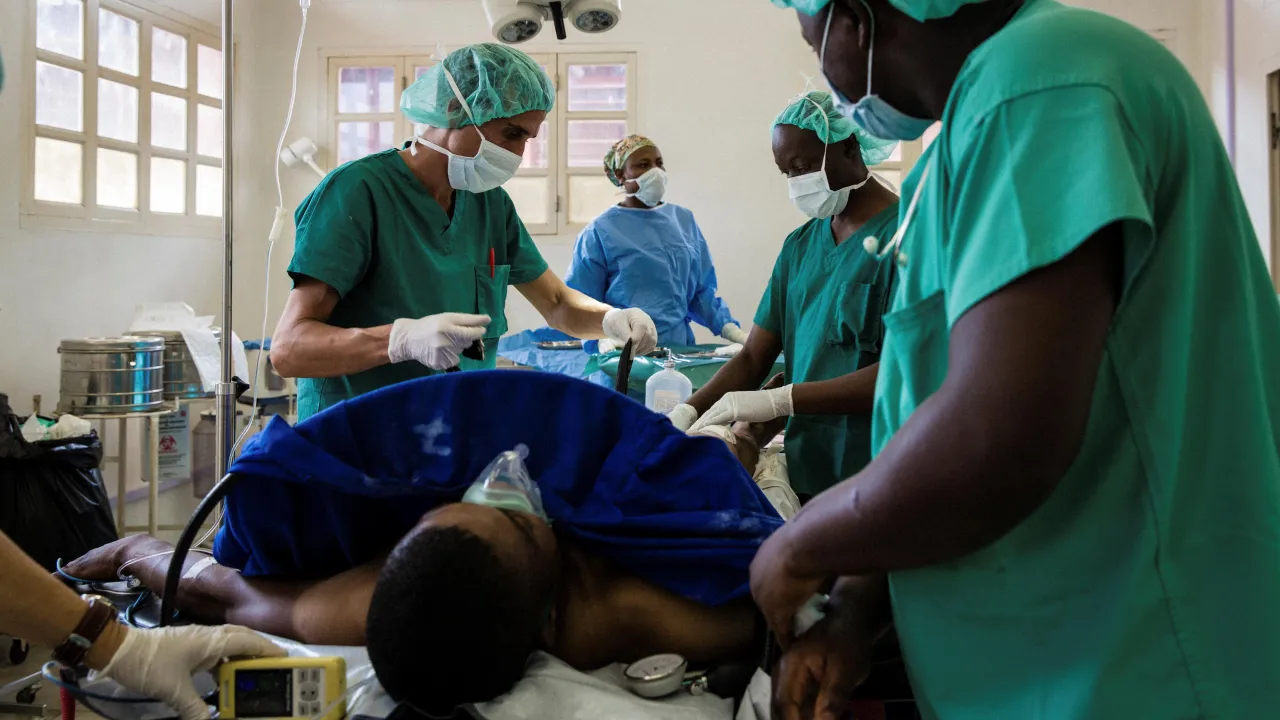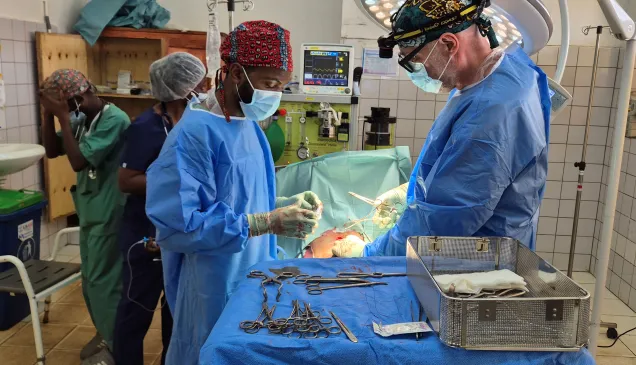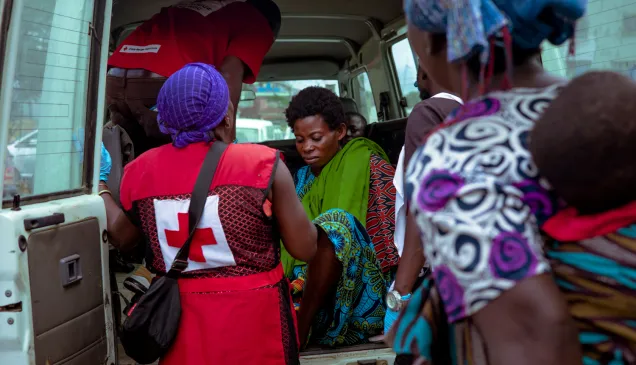As a result, many of those wounded, including women and children, are struggling to get medical treatment. “It’s often the case that even when a sick or wounded person manages to reach a medical facility, despite the difficulties in doing so, there isn’t anyone qualified to treat them. And even when there is someone, in most cases, the medicines they need aren’t available,” says Dr Hippolyte Ten despairingly, deputy health coordinator at the ICRC.
Transferring the wounded to a suitable health facility is a challenge because of the fighting and the difficulty in crossing front lines. Some patients are having to walk huge distances, risking their lives, just to find somewhere that can treat them. Others do not make it to hospital in time because their injuries are so severe and complex. Since the beginning of the year, more than 70 per cent of the 240 facilities assessed have admitted people wounded as a result of armed violence.
“I was wounded in Pinga in July, which is in Walikale Territory, and I was evacuated to Beni to be treated,” recounts Shukuru, who is being cared for at the main referral hospital in Beni in North Kivu, some 300 kilometres from where he was wounded.
Under international humanitarian law, the wounded and sick must have access to the care they need, and medical personnel and facilities must be respected and protected.
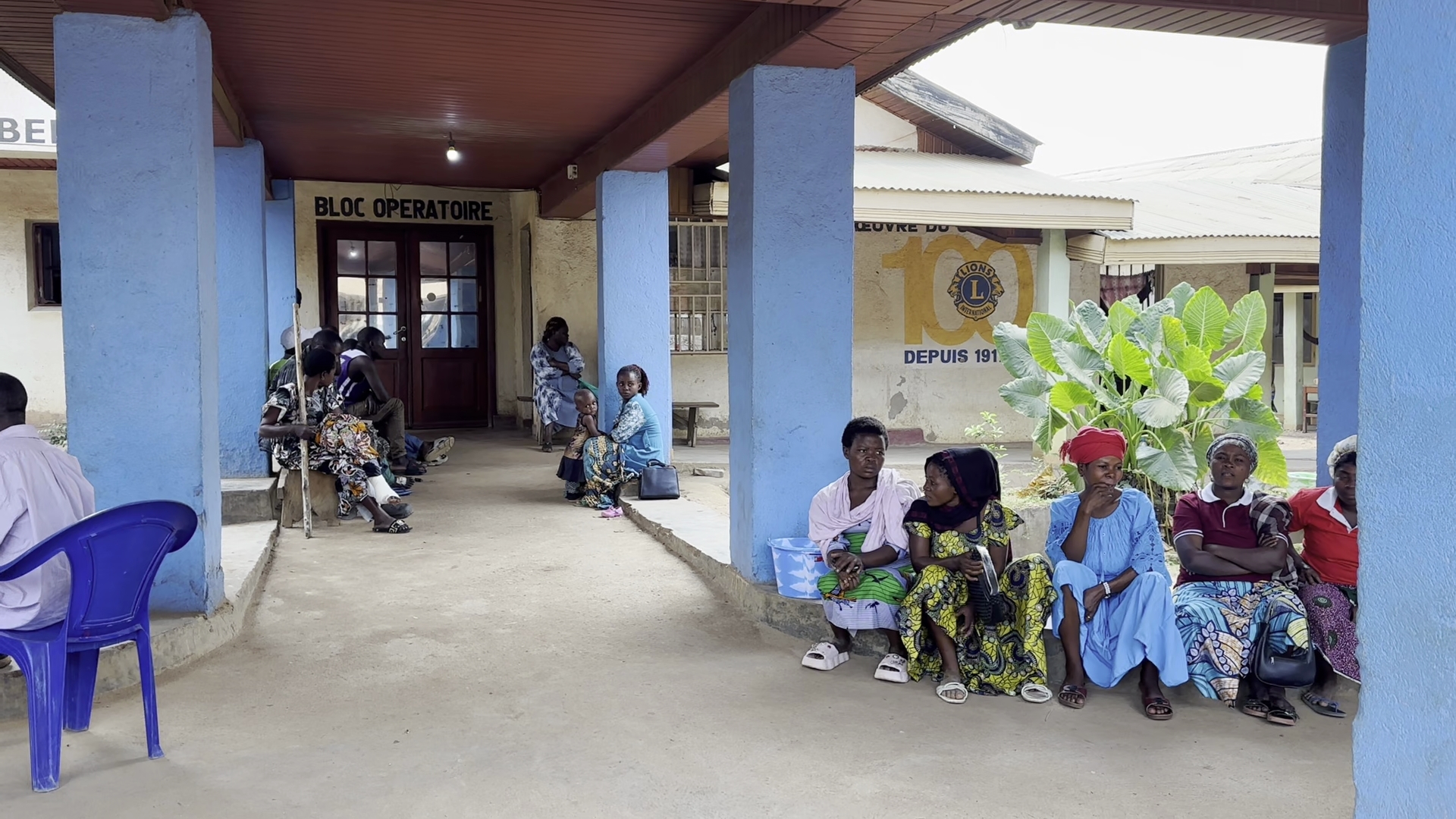
Ongoing shortages of supplies
Many humanitarian organizations working to support health facilities have been forced to reduce or even completely stop their work because of a lack of funding. At the same time, the security situation and the difficulties in crossing front lines mean that health facilities struggle to get hold of medicines even when they are available. Shortages very often affect essential medicines and those that are supposed to be free, such as vaccines and antimalarial drugs, and others such as antiretroviral medicines (for HIV), tuberculosis drugs, rape kits, therapeutic food and rapid HIV tests.
“We are struggling to get to Bukavu, where we buy our medicines. And when we do succeed in buying them, not only do we have to pay transport costs, but we also have to pay lots of other fees at checkpoints set up by various armed groups along the route,” complains Dr Pierre, the medical director of a hospital in South Kivu.
Furthermore, the ongoing issue of people being internally displaced and the huge number of patients that this generates is putting significant pressure on the health facilities that do remain operational. According to the ICRC’s assessment, 91 per cent of health clinics in North and South Kivu have each received more than 5,000 internally displaced people since January 2025. Most of those displaced arrive with absolutely nothing and struggle to get treatment.
“We have lost everything. Many of us have no money left and cannot get hospital treatment, so we are staying home despite being seriously ill. This is why people in our community are dying,” says Plamedi, who was displaced to South Kivu.
When it comes to civilians accessing goods that they need to survive, such as medicines, the parties to the conflict have a critical role to play. Each party to an armed conflict has an obligation to meet the needs of the population, particularly those under its control. Humanitarian organizations can also play an important role, particularly when the needs of civilians are not being met.
It is therefore imperative that all parties to a conflict, as well as humanitarian and development actors, agree on the need to ensure that health care is not affected by conflict. The ICRC, as a neutral intermediary, stands ready to continue facilitating the delivery of medicines across front lines.
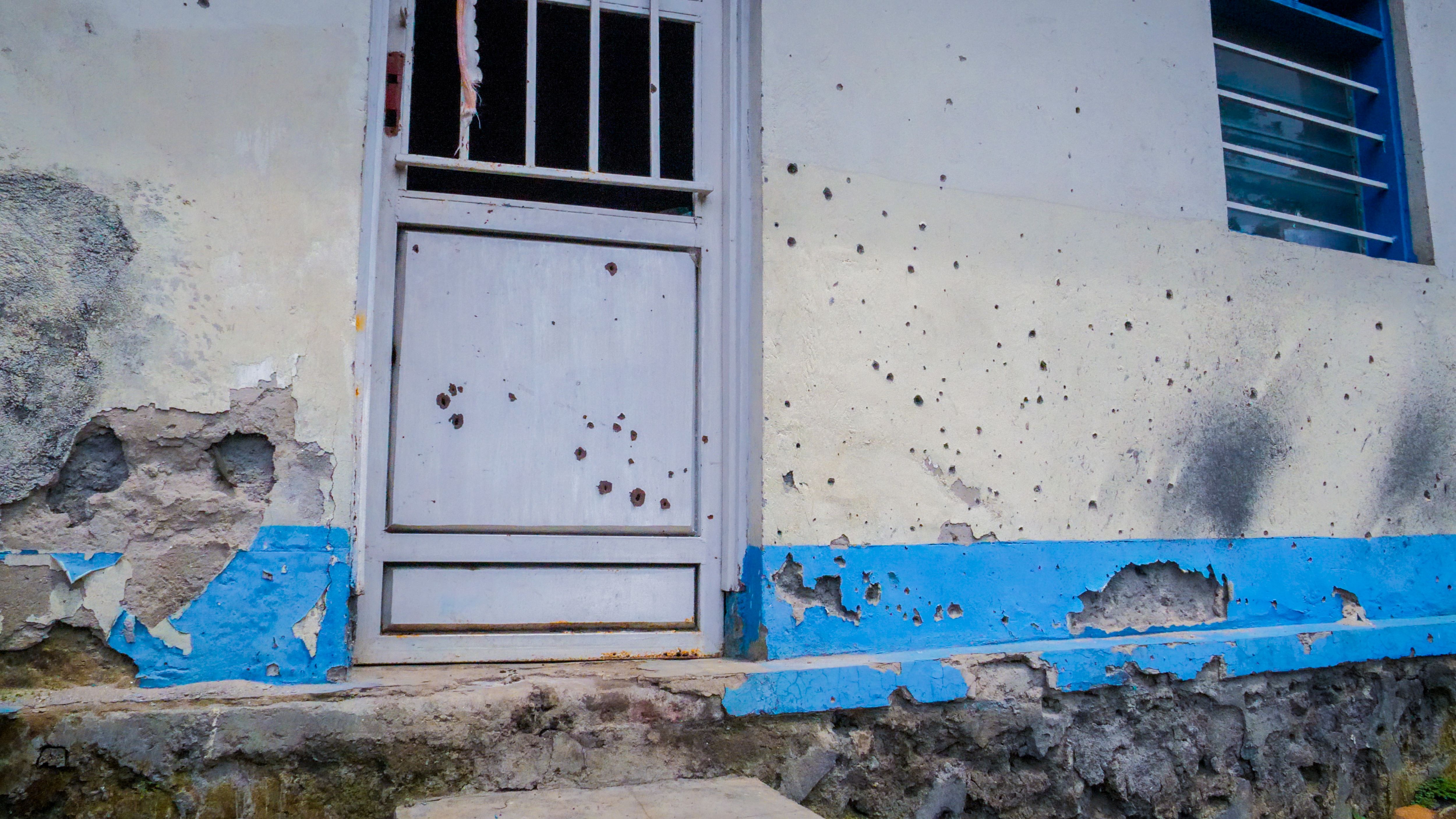
Vital support to improve access to health care
Security issues and the proximity of fighting may sometimes mean that health-care professionals have to flee their place of work in order to find safety. Some health-care facilities even have to relocate in order to continue providing basic care to affected people.
“Our health centre is operational but is now 15 kilometres away from its usual location. The centre currently occupies a small office in a school, so other activities are carried out under tarpaulins. We nurses have also had to relocate here. People are living in difficult conditions, exposed to waterborne diseases, malaria and pneumonia,” says Tanende Sumaili, a registered nurse at the Ramba Health Centre in South Kivu.
Furthermore, during the latest study, carried out between April and May 2025, 45 facilities had reported an exodus of staff, but of those facilities only four were able to report that staff had returned, which was thanks to the financial support and the provision of medicines from two humanitarian organizations, one of which was the ICRC.
“Currently, more than 80 per cent of health facilities in the Kivu provinces receive no support from humanitarian partners and are only operational thanks to the remarkable commitment of their staff on both sides of the front lines,” says François Moreillon, head of the ICRC’s delegation in the DRC.
Faced with this critical situation, the ICRC is calling for solutions to be found to ensure the continued functioning of health-care facilities, the delivery of medical supplies, the safe transfer of patients and the protection of health-care staff and infrastructure. François Moreillon puts it simply: “The lives of thousands of people are at stake.”
[1]This name has been changed.
The ICRC’s health-care response in North and South Kivu: January to September 2025
- 17 primary- and secondary-health-care facilities received regular support.
- 30 health-care facilities received donations of emergency stabilization supplies in order to treat free of charge 2,127 wounded people.
- 3,422 wounded people were treated in six hospitals supported by the ICRC (Beni General Referral Hospital, CBCA Ndosho Hospital in Goma, North Kivu Provincial Hospital in Goma, Bukavu Provincial General Referral Hospital, Bukavu University Clinics and Fizi General Referral Hospital), representing a 60 per cent increase on the figure for the same period in 2024, which stood at 2,137. Sixty-five per cent of those treated were the victims of firearms, and nearly 16 per cent were the victims of explosions.
- 227,244 medical consultations were carried out in health centres and hospitals supported by the ICRC.
- 24,207 antenatal consultations were carried out in health centres and hospitals supported by the ICRC.
- 71,056 vaccination appointments were held in health centres and hospitals supported by the ICRC.
- 948 victims of sexual violence received medical and psychosocial treatment during the first half of 2025.
Note for editors
This is the second study conducted by the ICRC on health-care systems in eastern DRC this year. Between April and May 2025, 109 health centres were assessed. For this new assessment, carried out between 2 and 10 September 2025, the ICRC approached 240 health-care facilities in the two Kivu provinces. These included 30 facilities in Goma, 107 in Beni Territory in North Kivu, 57 in Uvira Territory and 46 others in Bukavu, South Kivu.
The assessment provides an overview of the health-care system and services in North and South Kivu, combining qualitative and quantitative approaches. The assessment focused on facilities in both provinces, and data was collected through structured telephone interviews with health facility managers and those humanitarian actors it was able to contact. The analysis initially tracked changes in indicators based on updated data from the 109 facilities assessed in April 2025, and then the study was expanded to a larger sample.

